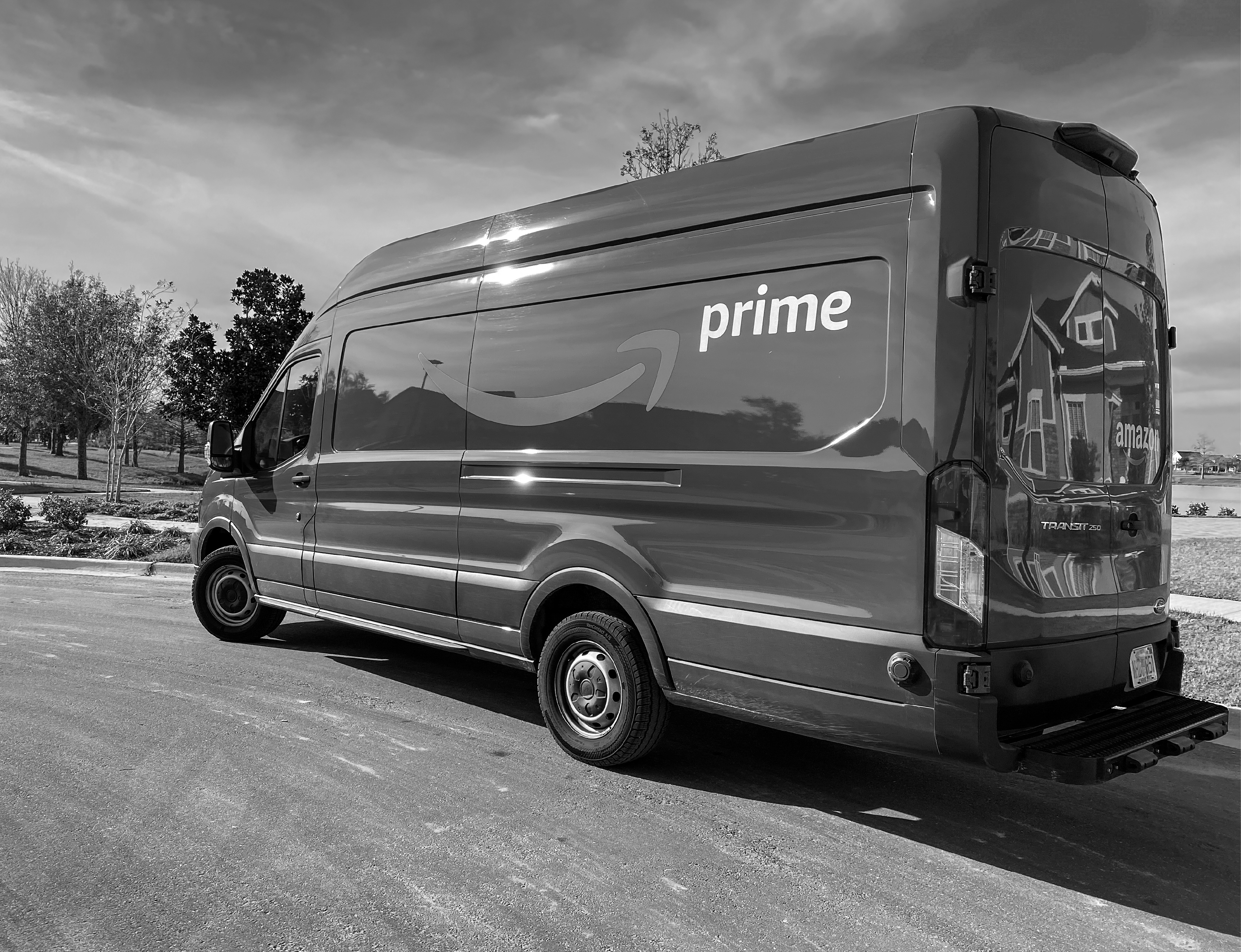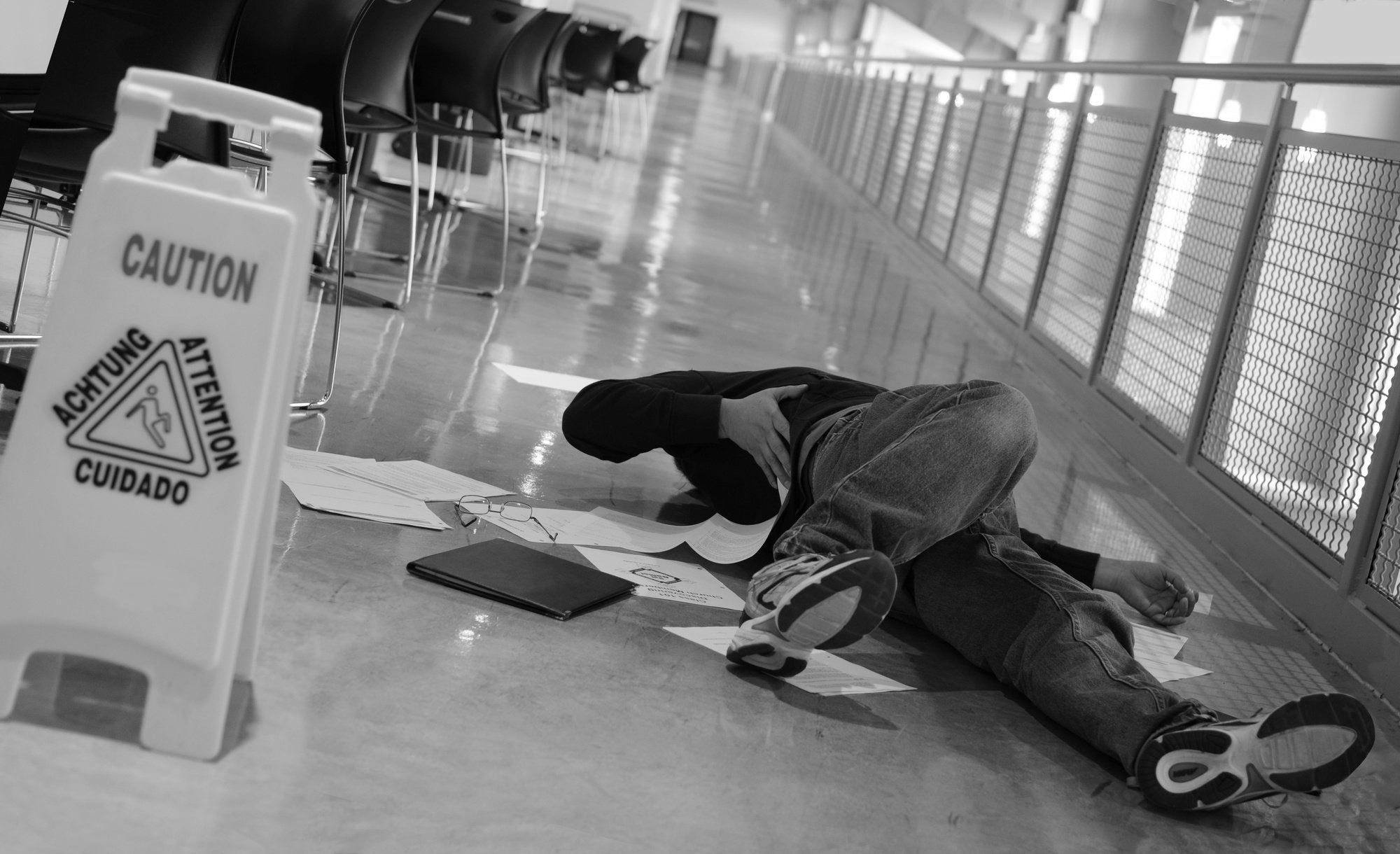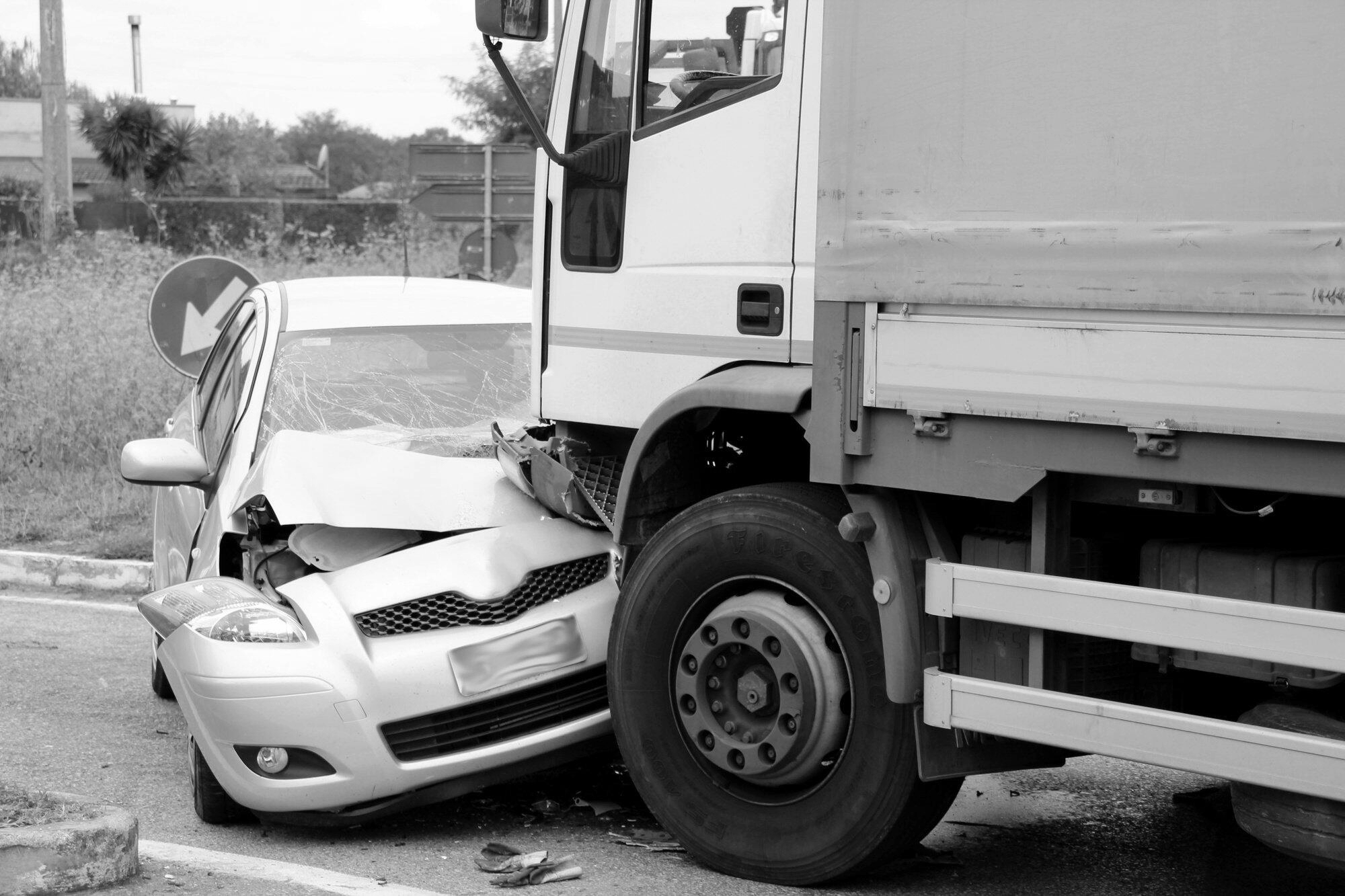How it works.
- Home >
- How It Works
Every case is unique, but the process remains the same.
The facts of your case are unlike any other. Therefore, your case should be litigated differently than any other. Different strategies should be employed that highlight the strengths of your case and diminish the weaknesses. That being said, the process of getting your case from start to finish follows a general process. In litigation, this is known a civil procedure.
1. You submit your case.
The first step to getting results for your case is to submit your case to our team for review. We make this easy for you. You can call, text, or submit your case online through our case submission form. Provide us with some basic details like the date of the accident, the types of injuries sustained, how it happened, where it happened, and who was involved.
2. We review your case.
After you submit your case information, our lawyers will review it. We run a conflict check to make sure we can represent you. On occasion, a conflict will exist and we will be required to turn down your case no matter how good your case is. If no conflict exists, we look at the information you provided through the lens of our experience and determine whether or not our firm is a good fit for your case. Generally, we are. But to be candid, there are times where we think our firm is not the best fit for your case. We want the best outcome for you and there are times when we know you will get the best outcome by partnering with a different firm with more experience in cases like yours and we will give you their contact information. There are also times when our opinion is that you do not have a case worth pursuing and we will advise you to get a second opinion.
If our firm is a good fit for your case, then we will schedule a meeting to discuss your case in depth. We prefer to meet with you in person or by video conference. During this meeting, we will ask questions, ask you for documentation, explain the law and process, and answer any questions you may have. We will give you a contract to sign that retains our firm as your lawyers. Our contracts make clear that you owe us nothing unless we get you results and then our fee is a percentage of the results. We front any costs associated with your case, which can be hundreds of thousands of dollars, and only get reimbursed if we get results. If you also think that our firm is a good fit for your case, you will sign the contract and our representation begins.
3. Together, we build your case.
This is the fun part. Our lawyers and staff work with you to the strengths and weaknesses of your case and gather all the evidence necessary to prove your case. In most cases, we gather your medical records, employment records, records of the accident, and information about the defendants. Sometimes we are able to track down videos of the accident. Other times the defendant posts admissions and other damaging remarks on social media. Many times we track down witnesses and are able to get objective view of the accident. We use our experience and knowledge regarding what facts are important in a case to build your case in the right way.
4. It’s time to negotiate.
Negotiation is an art and we have over 20 years of combined experience in negotiating deals of all sizes. That experience is crucial in getting you the best result for your case. When to make offers, when to reduce offers, when to withdraw offers, when to stonewall, when to reject offers – these are all decisions that are made within the greater context of the case proceedings.
The first step in negotiation is to make a demand. We prepare a written demand package that asks for a specific amount of money to resolve your case and includes all the facts, evidence, and law to support the amount. We send this demand to the insurance adjuster or the decision maker at the corporation. Typically, after a few weeks, they come back with a counter offer. Sometimes we go back and forth a bunch, sometimes it settles that quickly, other times litigation is the only path forward.
There are plenty of times when it makes sense to settle the case before filing a lawsuit. Usually, it’s because both sides know that your case is worth more than the insurance policy limits and the insurer agrees to pay all that they have. Other times, the math suggests that you should settle pre-litigation. If the cost of litigation exceeds the amount expected to be gained by litigating, it would make sense to settle before filing suit.
About half the time, if not more, the right decision is to file suit and litigate. Throughout litigation, there are times when other attempts at negotiation make sense. If bad facts come out for either side then it may make sense for one side to cave. If the judge makes an unfavorable ruling for one side, it may be another opportunity to settle. There are times when cases settle during trial driven by how the trial appears to be going. Negotiations persist through the life of the case.
5. Filing your case with the courts.
If your case is not resolved soon after the demand is sent, we file it with the appropriate court and begin the litigation process. The document that we file with the court is called the complaint. In it, we set forth all the allegations and ask for an award of damages. The defendants have a limited amount of time to file their response, known as an answer. There may be some motions to dismiss the case, or for default judgement, or various other things in the early stages of litigation.
6. Discovery is the exchange of information.
By far the longest stage of the process is the discovery stage. It typically starts with the exchange of written questions called interrogatories. The defendants send a bunch of questions that we are required to answer and ask for documents that we may have in our possession that we must give to them. We send questions and demands for documents to them as well. Sometimes this exchange occurs smoothly and without a fight. Other times, motions must be filed and the judge will order parties to exchange information.
With the exception of trial, the most involved step of litigation for you is the deposition. You will be required to give a deposition in your case if we file a lawsuit. You will be sworn in under oath and the lawyers for the defendants will ask you questions for hours, and sometimes, days. This is where an experienced lawyer is critical. Answering the questions truthfully and thoughtfully is extremely important to the success of your case. Your lawyer will help you prepare and should know what questions are coming, what questions require focus, and what questions make or break your case. Our lawyers have set through countless depositions in cases ranging from straightforward car accidents to extremely complex product liability. We know how to prepare clients for depositions and know all the tactics employed by defense attorneys to trick you into saying what they want you to say in order to destroy your case.
There are also other forms of discovery like expert and lay witness depositions. There are generally lots of motions and hearings in court involving discovery issues, but your attorneys will handle these.
7. Sometimes cases are resolved by mediation.
Some judges will require mediation before trial. Other judges do not, but mediation is worth trying because negotiations have broken down. This can happen for a variety of reasons, but often the reason is that litigation has become contentious and the emotions of the parties have gotten in the way of working towards a reasonable resolution. A mediation is when all parties get together under one roof with a neutral third party mediator. The mediator is almost always a lawyer. Sometimes they are a retired judge. The fact that they are a neutral third party allows them to look at the cases that both sides have built and offer their opinion on how the case will play out at trial. They will facilitate a quick negotiate and advise on whether or not your case can be resolved without trial. Mediations can be a very successful tool for resolving a case, but it does not always resolve the case.
8. We go to trial.
If your case cannot be resolved, it goes to trial. Typically, it will be decided by a jury of your peers. On occasion, it will be decided by a single judge. Both sides tell their story and put on their evidence. Both sides urge the jurors or judge to believe their version of the events. Jury instructions are given to the jurors and a decision is rendered. And whatever they decide is the fate of your case.






